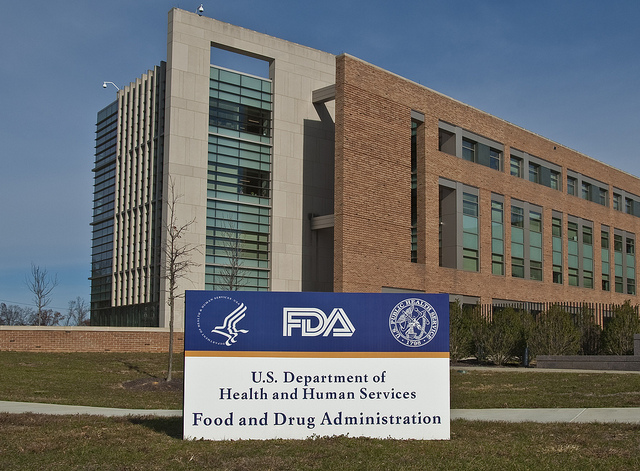The FDA Is Broken
By Shannon Brownlee and Jeanne Lenzer,
Washington Monthly
| 07. 10. 2021
How the Food and Drug Administration messes up approval of new drugs including the new one, aducanumab, that supposedly helps Alzheimer’s disease patients.
Between 2010 and 2015, drug companies submitted data to the U.S. Food and Drug Administration (FDA) for three different drugs for Alzheimer’s disease, a devastating condition that afflicts six million Americans. The FDA rejected all three because the manufacturers failed to provide convincing evidence that their drugs actually improved symptoms of Alzheimer’s much less cured the disease. How times change. Last month, when biotech company Biogen came to the FDA with data on aducanumab, yet another Alzheimer’s drug, the evidence the company brought once again failed to show that the drug could slow or stop Alzheimer’s cognitive decline. This time, however, the FDA gave the drug a green light, prompting Michel Vounatsos, CEO of Biogen, to pronounce the decision “historic.”
It was historic all right, but not in the way Vounatsos probably meant it. The scientific data for aducanumab is so flimsy and contradictory, ten of 11 members of the FDA’s advisory committee of outside experts voted against approving the drug (the eleventh abstained). Even the FDA’s own statistician recommended the drug be rejected. When higher ups at...
Related Articles
By Teddy Rosenbluth, The New York Times | 02.09.2026
Dr. Mehmet Oz has urged Americans to get vaccinated against measles, one of the strongest endorsements of the vaccine yet from a top health official in the Trump administration, which has repeatedly undermined confidence in vaccine safety.
Dr. Oz, the...
By Ava Kofman, The New Yorker | 02.09.2026
1. The Surrogates
In the delicate jargon of the fertility industry, a woman who carries a child for someone else is said to be going on a “journey.” Kayla Elliott began hers in February, 2024, not long after she posted...
By Alex Polyakov, The Conversation | 02.09.2026
Prospective parents are being marketed genetic tests that claim to predict which IVF embryo will grow into the tallest, smartest or healthiest child.
But these tests cannot deliver what they promise. The benefits are likely minimal, while the risks to...
By Lauren Hammer Breslow and Vanessa Smith, Bill of Health | 01.28.2026
On Jan. 24, 2026, the New York Times reported that DNA sequences contributed by children and families to support a federal effort to understand adolescent brain development were later co-opted by other researchers and used to publish “race science”...




